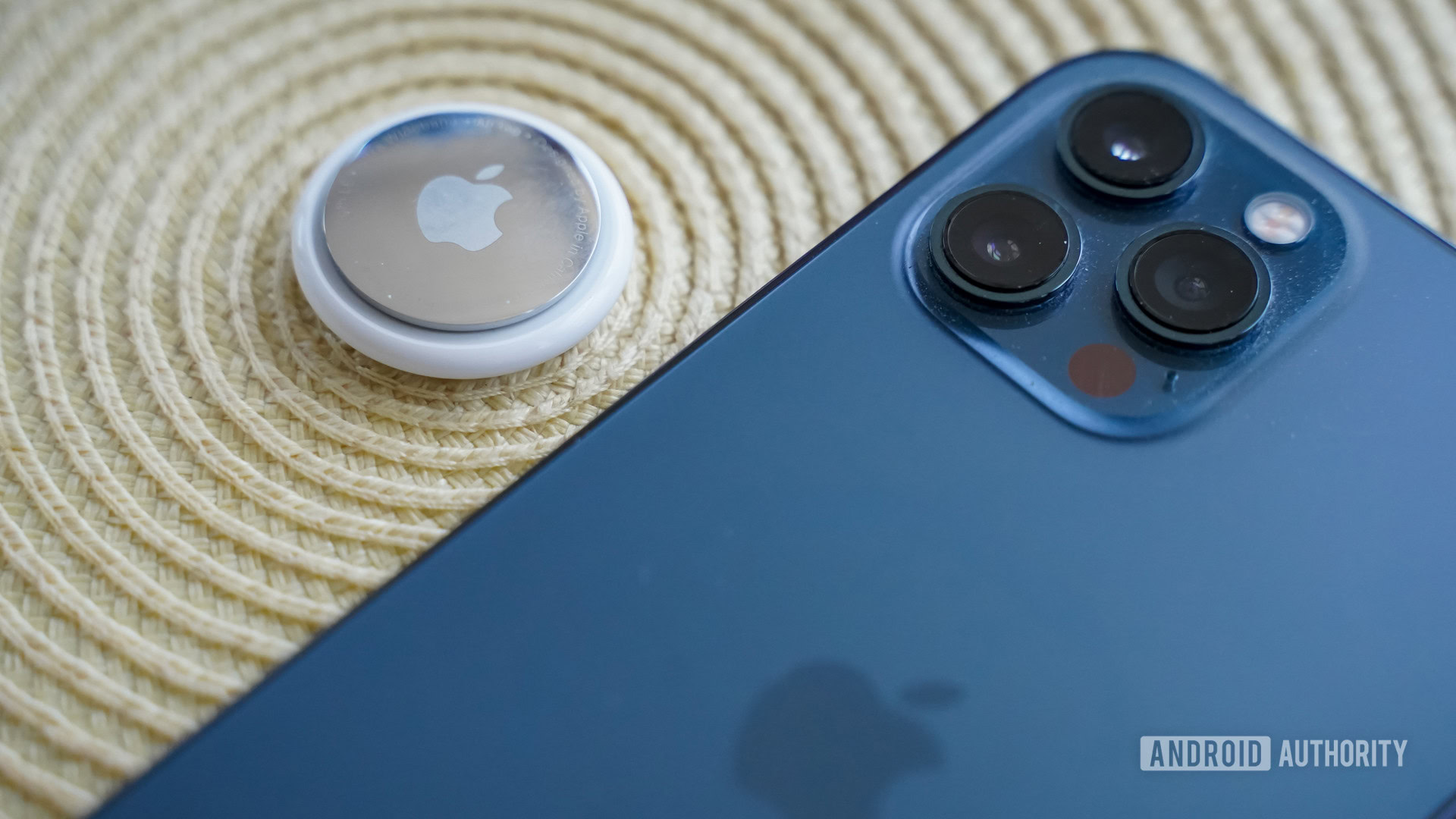The Bio series consists of two key models: the USB Type-A version, which features an unshielded USB-A connector, and the USB Type-C version, which I tested for this review.
(Credit: Kim Key)
Connection differences aside, the two Bio keys look identical, which is a common theme among the Yubico keys, which tend to be small, sleek, and black, with gold metallic accents. The Bio keys replace the characteristic round metallic “Y” symbol with a round fingerprint reader. The keys are rated IP68 and crush-resistant, and they do not require batteries.
There’s no getting around it: These are expensive MFA devices. The USB-A version is $90, and the USB-C version is $95. The $59.99 Thetis Fingerprint Key provides biometric authentication at a lower price, but it isn’t as responsive and easy to use as Yubico’s biometric keys.
Yubico’s Bio series supports FIDO2, WebAuthn, and FIDO U2F standards, which are the most widely used methods for MFA. You’ll sign into your accounts using either a PIN or the fingerprint reader, and that’s what you’re really paying for. Otherwise, the features and capabilities of Yubico’s Bio keys are the same as the $29 Editors’ Choice-award-winning Yubico Security Key C NFC.

(Credit: Kim Key)
The newest version of Yubico’s Bio key features the 5.7 firmware update. This update makes it harder to create guessable PINs and increases on-device passkey storage to 100, bringing it in line with other offerings from the company. YubiKey Bio’s storage capacity is still smaller than that offered by Google’s Titan Security Key, which holds up to 250 passkeys; however, it’s more than enough for most users.
For business users or security professionals, the YubiKey 5 series of keys offers a bit more versatility than the Bio series keys or Yubico’s Security Key products. For example, the YubiKey 5C NFC supports the following authentication protocols: WebAuthn, FIDO2, Universal 2nd Factor (U2F), Smart Card (PIV-compatible), Yubico OTP, OATH–HOTP (Event), OATH–TOTP (Time), OpenPGP, and Secure Static Passwords.








